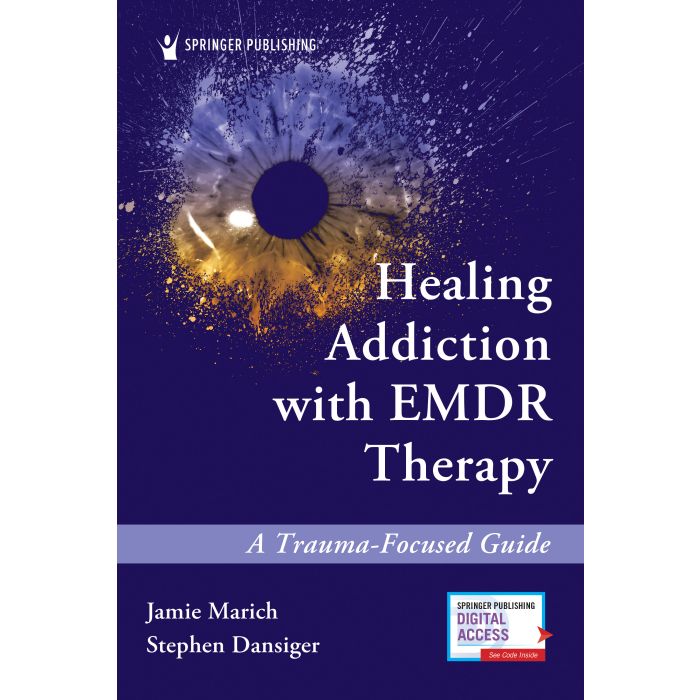Treating trauma in addiction with EMDR: A pilot study
Effects of standard EMDR protocol in chronically addicted patients. Reprocessing traumatic memories could lead to changes of symptoms.
Article Abstract
“Objective: This study investigated the effects of standard eye movement desensitization and reprocessing (EMDR) protocol in chronically dependent patients. We propose that reprocessing traumatic memories with EMDR would lead to measurable changes of addiction symptoms.
Method: Twelve patients with alcohol and/or drug dependency were randomly assigned to one of two treatment conditions: treatment as usual (TAU) or TAU plus eight sessions of EMDR (TAU+EMDR). Measures of PTSD symptoms, addiction symptoms, depression, anxiety, self-esteem, and alexithymia were included in this study.
Results: The TAU+EMDR group showed a significant reduction in PTSD symptoms but not in addiction symptoms. EMDR treatment was also associated with a significant decrease in depressive symptoms, while patients receiving TAU showed no improvement in this area. The TAU+EMDR group also showed significant changes in self-esteem and alexithymia post-treatment.
Conclusions: This study suggests that PTSD symptoms can be successfully treated with standard EMDR protocol in substance abuse patients.”
—Description from publisher
Article Access
Purchase/Subscription Required
Perez-Dandieu, B., & Tapia, G. (2014). Treating trauma in addiction with EMDR: A pilot study. Journal of Psychoactive Drugs, 46(4), 303-309. https://doi.org/10.1080/02791072.2014.921744
Date
September 4, 2014
Creator(s)
Béatrice Perez-Dandieu, Géraldine Tapia
Topics
Addictions, PTSD
Extent
7 pages
Publisher
Taylor & Francis
Rights
Rights managed by Taylor & Francis
APA Citation
Perez-Dandieu, B., & Tapia, G. (2014). Treating trauma in addiction with EMDR: A pilot study. Journal of Psychoactive Drugs, 46(4), 303-309. https://doi.org/10.1080/02791072.2014.921744
Language
English
Content Type
Article, Peer-Reviewed, RCT
Access Type
External Resource





